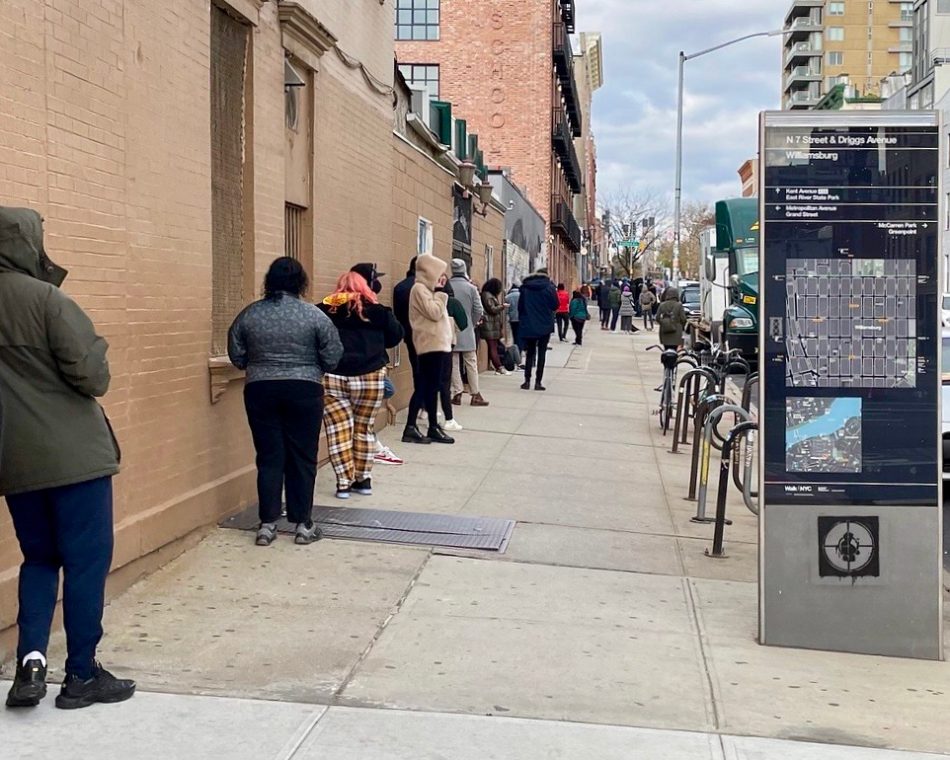GENEVA (AN) — Twenty five nations joined with the European Council and World Health Organization in making an "urgent call" on Tuesday for creation of an international pandemic treaty aimed at protecting the world from future health crises.
Calling the COVID-19 pandemic "the biggest challenge to the global community since the 1940s," the leaders argued in a jointly signed op-ed article that a new international treaty is needed to "build a more robust international health architecture that will protect future generations" by beefing up collective health capacities that can shape the world's preparedness for and response to future pandemics.








